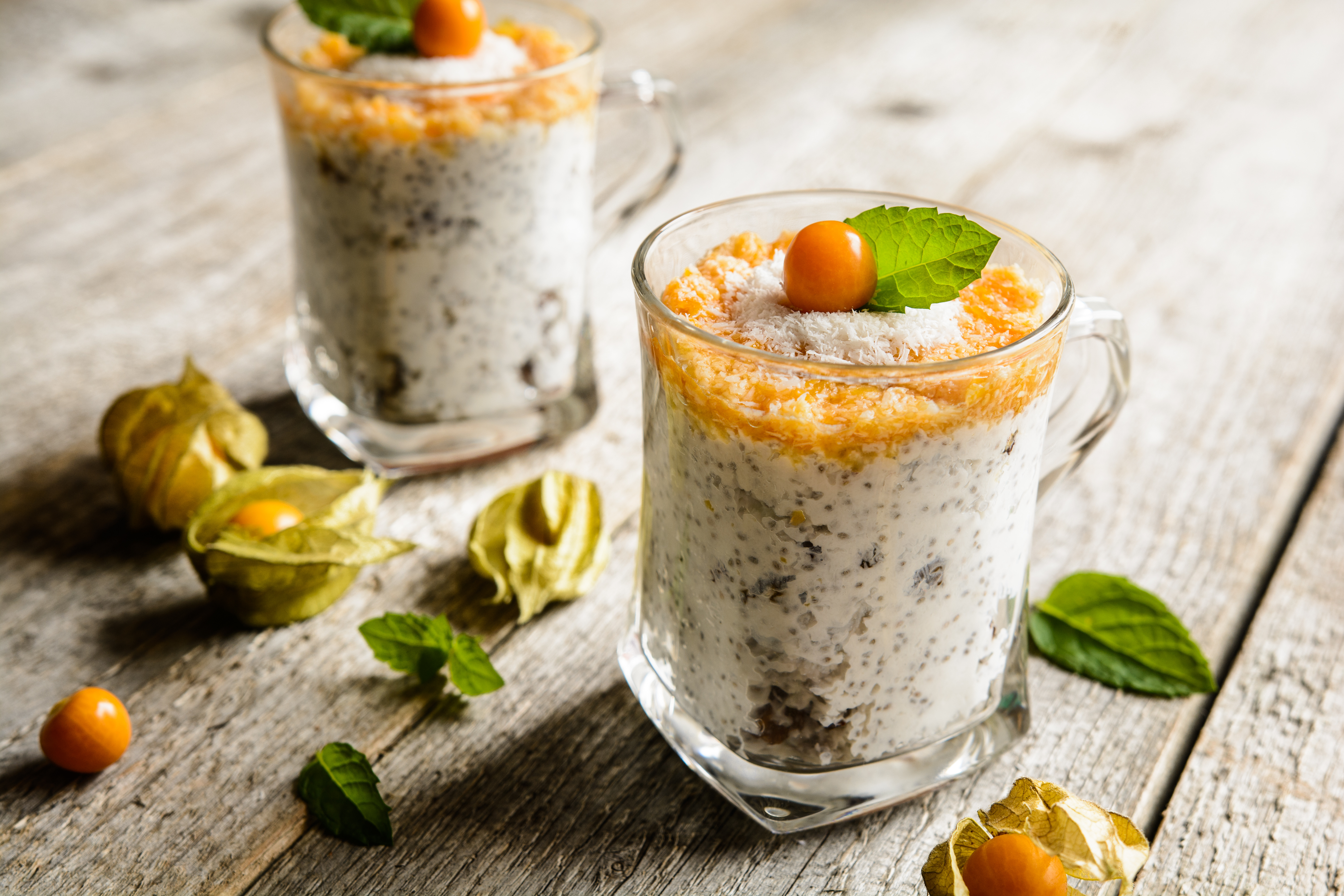When we hear the word ‘gut’, it’s often associated with the phrase: “I have a gut feeling.” There is much truth to that statement as our health is determined largely by our gut health. Leaky gut syndrome (“LGS”) or more commonly known as ‘intestinal permeability” is an inflammation of the intestinal lining of the gut. There is some debate as to the actual cause of this condition, however, the main culprit appears to be a poor diet.
What Causes an Unhealthy Gut?
Diets that are high in refined sugars & flours; processed foods, excess caffeine, overheated oils, commercial vegetable oils, and meats are leading contributors to gut inflammation. Consuming acid-forming, congesting, energy-depleting and slow-digesting foods cause systemic inflammation in the body. Over time, the attention of the immune system is drawn to the digestive process and is unable to handle other problems in the body as they arise.
Leaky Gut can cause an array of inflammatory conditions such as:
Acne, allergies, Alzheimer’s disease, anxiety, asthma, bloating
cancer, celiac disease, Crohn’s disease, depression, eczema
fatigue, fibromyalgia, gallbladder disease, heart disease
irritable bowel syndrome, infertility, joint pain, kidney disease
lactose intolerance, migraines, multiple sclerosis, pancreatitis
Parkinson’s disease, psoriasis, thyroid disorders, and weight gain.
Proper Nutrients Support Good Gut Health
- Dietary Fiber: Fiber keeps you feeling full & plays a key role in digestion. Getting a mix of soluble fiber (apples, bananas, pears, beans & nuts) and insoluble fiber (carrots, celery, dark leafy greens & bulgur) helps keep cholesterol levels optimal, aids in the removal of toxins and supports bowel health. Aim for 20-40 grams/day. (Bauman, 2013).
- Probiotics: Known as “friendly bacteria” in the gut, probiotics support the digestive process, synthesize B complex vitamins, regulate pathogen growth, and support hormone detoxification. Regular consumption of cultured foods such as yogurt, kefir, raw sauerkraut, beet kvass and miso will support these living organisms.
- Vitamin C: Vitamin C can decrease body mass and increase fat burn by up to 30% helping to mitigate some of the extra weight that a person may have gained leading up to diagnosis. Cauliflower, broccoli, peas, leafy greens, citrus fruits, parsley, melons and strawberries are great whole food sources.
- Vitamin E: Without Vitamin E, Vitamin A & selenium could not fully be utilized. It also combats inflammation that is associated with LGS. Vitamin E-rich foods include Swiss chard, sunflower seeds, almonds, and avocados.
- Zinc: This mineral is critical to immune system functioning. It helps promote mental alertness, regulates blood sugar and accelerates healing with the body. Obtain Zinc from oysters, ginger root, pecans, split peas, walnuts, chili powder, thyme and cinnamon.
Originally posted 2018-06-26 09:15:35.








